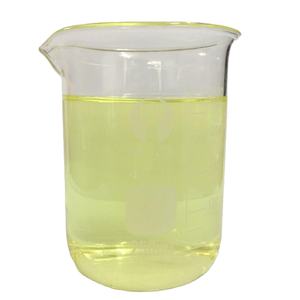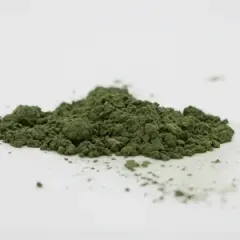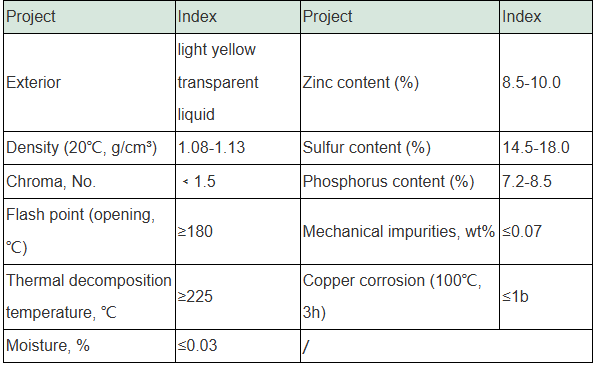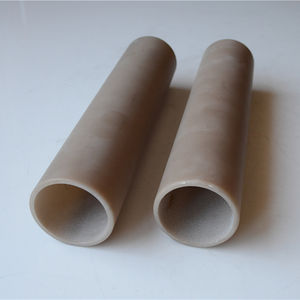Intro to Passing Through Seal Treating Agents: A Crucial Development in Concrete Security
Passing through seal treating agents (PSCAs) have actually emerged as a transformative service in concrete innovation, offering twin benefits of surface area securing and internal hydration enhancement. Unlike typical membrane-forming curing compounds, PSCAs permeate deep into the concrete matrix, responding chemically with cost-free lime and various other by-products to form insoluble crystalline frameworks. This response not only seals micro-cracks and capillary pores but also boosts compressive stamina and long-lasting sturdiness. As framework demands expand for even more resilient and lasting products, PSCAs are playing an increasingly crucial function in expanding the life span of concrete structures.
(Penetrating Seal Curing Agents)
Chemical Composition and Working System
Permeating seal curing agents are usually composed of silicates– most commonly lithium, sodium, or potassium silicates– together with reactive drivers and surfactants that improve infiltration depth and chemical reactivity. Upon application, these agents infiltrate the permeable framework of fresh or hardened concrete and respond with calcium hydroxide, a result of concrete hydration, to create calcium silicate hydrate (C-S-H) gel and insoluble crystalline precipitates. These formations successfully obstruct water access, chloride ion penetration, and carbonation, which are key causes of concrete deterioration. The self-sealing capability of PSCAs makes them particularly useful in hostile environments such as aquatic frameworks, wastewater therapy plants, and bridge decks.
Benefits Over Conventional Healing Methods
Traditional treating approaches, including wet burlap, ponding, and membrane-forming substances, commonly fall brief in regards to efficiency, labor intensity, and environmental effect. On the other hand, penetrating seal healing agents offer a more effective, durable, and environment-friendly choice. They do not evaporate or degrade with time, eliminating the requirement for duplicated applications. Furthermore, due to the fact that they chemically bond with the concrete substrate, PSCAs provide irreversible security without altering surface area aesthetic appeals or slip resistance. Their usage likewise adds to energy savings by reducing the requirement for repair and maintenance, therefore reducing the lifecycle price of concrete structures.
Application Throughout Infrastructure and Industrial Sectors
The versatility of passing through seal treating agents has actually led to their adoption across a wide range of building applications. In infrastructure projects such as highways, airport terminals, and tunnels, PSCAs assist protect versus freeze-thaw damage, deicing chemicals, and abrasion. In industrial floor covering, they boost dust-proofing and use resistance, improving indoor air quality and decreasing maintenance downtime. Residential and business buildings gain from enhanced wetness resistance in structures, basements, and parking garages. Furthermore, their compatibility with numerous types of concrete– consisting of eco-friendly concrete with high fly ash or slag material– makes them a recommended choice for lasting building and construction methods intending to lower symbolized carbon.
Market Patterns and Technological Developments
The worldwide market for passing through seal curing representatives is expanding due to rising demand for high-performance building products and stricter regulative criteria on building longevity and sustainability. Suppliers are buying R&D to create next-generation PSCAs with enhanced infiltration deepness, faster reaction kinetics, and decreased application times. Innovations include crossbreed solutions that incorporate silicate-based chemistry with nano-silica or polymer-modified systems, using superior performance in severe conditions. Additionally, clever delivery systems such as fogging and low-pressure spray technologies are being embraced to guarantee uniform protection and ideal product usage. Digital tools like dampness sensing units and predictive analytics are also being incorporated to monitor curing performance in real-time.
Environmental Effect and Sustainability Considerations
Permeating seal treating representatives are generally considered environmentally benign compared to solvent-based sealants and traditional healing membranes. The majority of formulations are water-based, non-flammable, and emit minimal volatile natural substances (VOCs). Nevertheless, concerns continue to be concerning the sourcing of basic materials and the possibility for alkalinity-related results during manufacturing. To deal with these concerns, researchers are discovering bio-based activators, recycled silicate sources, and low-carbon synthesis routes. Furthermore, the extensive life span of treated concrete decreases the frequency of demolition and reconstruction, straightening with round economic climate principles and contributing to general carbon reduction in the developed environment.
Future Expectation: Smart Materials and Integrated Solutions
( Penetrating Seal Curing Agents)
Looking ahead, the development of permeating seal curing agents will be driven by innovations in nanotechnology, wise products, and digital assimilation. The growth of responsive PSCAs that can adjust to altering environmental conditions– such as humidity-triggered activation or self-healing habits– could revolutionize concrete upkeep techniques. Combination with Building Details Modeling (BIM) and Net of Things (IoT)-enabled surveillance systems will certainly allow for data-driven decisions on material efficiency and maintenance scheduling. As cities face boosting environment pressures and maturing facilities, the fostering of innovative treating modern technologies like PSCAs will be crucial in making certain structural strength and durability for future generations.
Supplier
TRUNNANO is a supplier of boron nitride with over 12 years of experience in nano-building energy conservation and nanotechnology development. It accepts payment via Credit Card, T/T, West Union and Paypal. Trunnano will ship the goods to customers overseas through FedEx, DHL, by air, or by sea. If you want to know more about potassium silicate, please feel free to contact us and send an inquiry(sales5@nanotrun.com).
Tags: concrete addtives, Penetrating Seal Curing Agents, Lithium-Based Curing Agent Seal Concrete Agent
All articles and pictures are from the Internet. If there are any copyright issues, please contact us in time to delete.
Inquiry us





